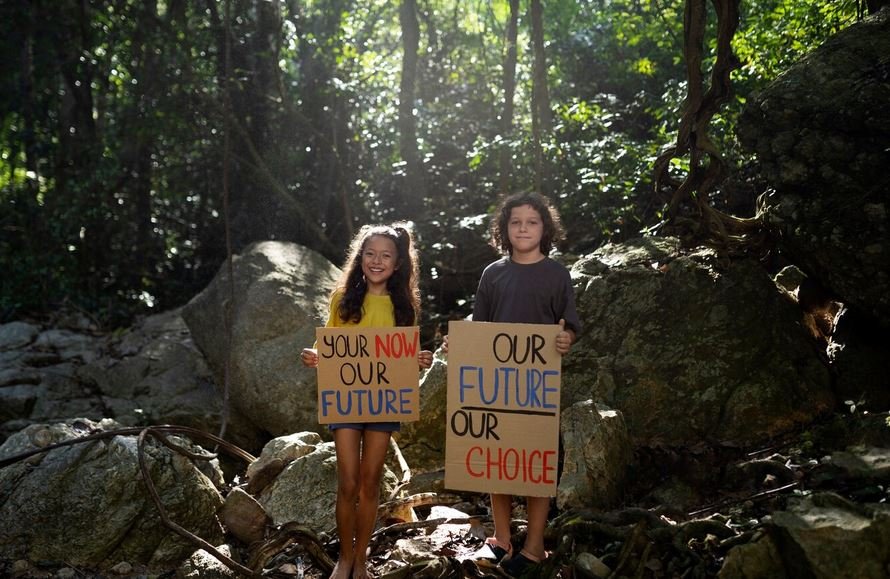Bali isn’t just a postcard-perfect island adorned with temples, volcanoes, and crystal blue waters—it’s home to a vibrant culture, a close-knit spiritual community, and real people with real needs. While many travelers are drawn here to find peace or adventure, an increasing number arrive with a different purpose: to help.
But before packing your bags full of good intentions, there’s one crucial question every aspiring changemaker must ask: How can I volunteer in Bali ethically? Let’s explore how to engage with the Island of the Gods in a way that is both impactful and respectful.
🌱 The Essence of Ethical Volunteering
Ethical volunteering means choosing actions that truly benefit communities—not just appeasing your conscience or building your Instagram. It requires humility, patience, and a willingness to listen more than you speak.
Too often, well-meaning volunteers disrupt local systems or unintentionally cause harm. Picture this: You spend two weeks teaching English at a local school with no follow-up plan. Then you leave, and the kids lose yet another teacher. The effect? Short-term joy, long-term inconsistency.
Ethical volunteering is about sustainability—not saviorism.
🤝 Do Your Homework
Before choosing a program, research is your best friend. Ask:
- Is the organization locally run or deeply connected to the community?
- What qualifications are required of volunteers?
- Where does the funding come from, and how is it used?
- What are past volunteers saying—honestly?
Organizations like Bali Children’s Project or Yayasan Widya Guna are good examples of ethically grounded NGOs that emphasize transparency and long-term commitment.
🕌 Respect the Culture, Always
Balinese culture is rooted in deep Hindu spiritual traditions, communal rituals, and a love for harmony—Tri Hita Karana, the philosophy of balance between humans, nature, and the divine, guides much of life here.
Volunteers must honor these cultural nuances:
- Dress modestly, especially in temples or schools.
- Learn basic Bahasa Indonesia or Balinese greetings.
- Attend with your ears open more than your mouth.
You’re not here to “fix” anything—you’re here to contribute.
📚 Choose Programs that Uplift Local Leadership
Beware of foreign-run operations that place travelers in leadership roles at the expense of local expertise. Ethical volunteering amplifies local knowledge, rather than replacing it.
Look for projects where:
- Locals design the curriculum.
- Communities define their own needs.
- Volunteers support—not steer—the mission.
Ask yourself: Am I stepping in or stepping on?
🧠 Skill-Driven Opportunities Matter Most
If you have specialized skills in healthcare, sustainable farming, education, or technology, you can offer something that builds capacity rather than dependency.
Examples of impact-driven, skill-based volunteering:
- Teaching digital literacy to high schoolers.
- Assisting with waste management initiatives in Ubud.
- Offering mental health workshops for youth centers.
Think “skills exchange,” not “gap year resume.”
💡 Consider Alternatives to Traditional Volunteering
Helping doesn’t always mean being on the front lines. You can:
- Donate professional services: accounting, writing, web design.
- Raise funds for trusted local NGOs.
- Join an eco-village for environmental restoration work.
Sometimes, stepping back is the most radical way to help.
🛑 Be Wary of “Voluntourism” Traps
“Voluntourism” refers to short-term trips that blend travel with volunteering, often driven more by traveler convenience than community benefit.
Red flags:
- Programs that charge high fees with vague outcomes.
- Projects involving vulnerable children with little oversight.
- Promises of “life-changing” experiences in just a week.
Ethical impact doesn’t happen in a hurry—or for a photo op.
✨ What Bali Teaches Us
At its best, volunteering in Bali is a deep exchange—a learning journey more than a teaching one. You leave transformed not because of what you gave, but what you received: wisdom, perspective, and a profound connection to a culture so often romanticized, yet deeply real.
I can continue building the second half of this article—diving into real volunteer testimonials, long-term impact case studies, and even a sample list of vetted ethical organizations in Bali.
Let me know if you’d like the full article expanded, formatted for blog publication, or converted into a PDF or presentation.









